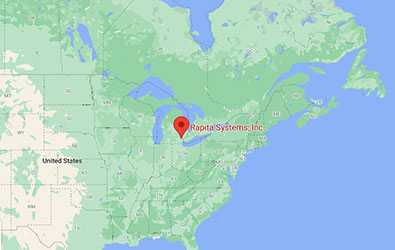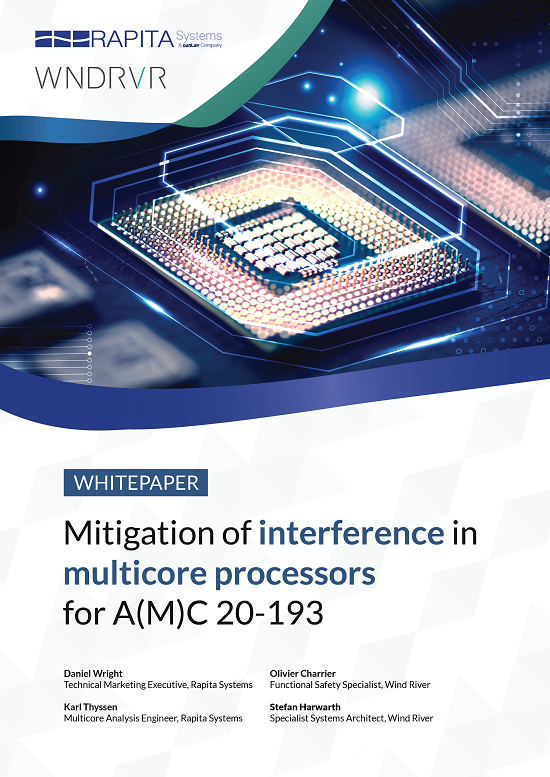So, assuming that you've run all of your tests and you've achieved 100% MC/DC. Does that mean that the compiler has correctly compiled your code?
In short, the answer is no.
Let's see an example to illustrate a case where 100% MC/DC fails to expose a compiler fault.
Imagine that some optimization rule is wrong in your version of the compiler and functions that start with an or operation accidentally get xor operations instead. Can you still achieve 100% MC/DC for software generated with this compiler without exposing the fault? It turns out that you can!
As an example, assume that the expression you are testing is (written in Ada):
x := y or z;
In C the same expression could be written as:
x = (y!=0) | (z!=0);
Note that we've used a bitwise or in this case, as the logical or (||) has slightly different behavior, namely the second expression isn't evaluated if the first expression is true, which is different to the Ada code's behavior.
We can achieve 100% MC/DC for the above code with the following test cases:
- Input:
y = True, z = False; Output:x = True - Input:
y = False, z = True; Output:x = True - Input:
y = False, z = False; Output:x = False
In this situation, Testcase 1 and Testcase 3 together achieve the MC/DC of condition y, and Testcase 2 and Testcase 3 achieve MC/DC of condition z.
If the compiler generates code where x is defined as y xor z, executing the test cases defined above would give you exactly the results you expect. However, if you happened to rerun the tests with both y and z as True (not required for MC/DC), the behavior of the code would be incorrect (you would expect a True result and would actually get a False result). Clearly, MC/DC is not a good way to argue that object code is correctly generated.

 SAIF Autonomy to use RVS to verify their groundbreaking AI platform
SAIF Autonomy to use RVS to verify their groundbreaking AI platform
 Hybrid electric pioneers, Ascendance, join Rapita Systems Trailblazer Partnership Program
Hybrid electric pioneers, Ascendance, join Rapita Systems Trailblazer Partnership Program
 Magline joins Rapita Trailblazer Partnership Program to support DO-178 Certification
Magline joins Rapita Trailblazer Partnership Program to support DO-178 Certification
 How to certify multicore processors - what is everyone asking?
How to certify multicore processors - what is everyone asking?
 Data Coupling Basics in DO-178C
Data Coupling Basics in DO-178C
 Control Coupling Basics in DO-178C
Control Coupling Basics in DO-178C
 Components in Data Coupling and Control Coupling
Components in Data Coupling and Control Coupling
 DO-278A Guidance: Introduction to RTCA DO-278 approval
DO-278A Guidance: Introduction to RTCA DO-278 approval
 ISO 26262
ISO 26262
 Data Coupling & Control Coupling
Data Coupling & Control Coupling
 Verifying additional code for DO-178C
Verifying additional code for DO-178C
 DO-178C Multicore In-person Training (Bristol)
DO-178C Multicore In-person Training (Bristol)
 XPONENTIAL 2025
XPONENTIAL 2025
 Avionics and Testing Innovations 2025
Avionics and Testing Innovations 2025
 DO-178C Multicore In-person Training (Fort Worth, TX)
DO-178C Multicore In-person Training (Fort Worth, TX)





















